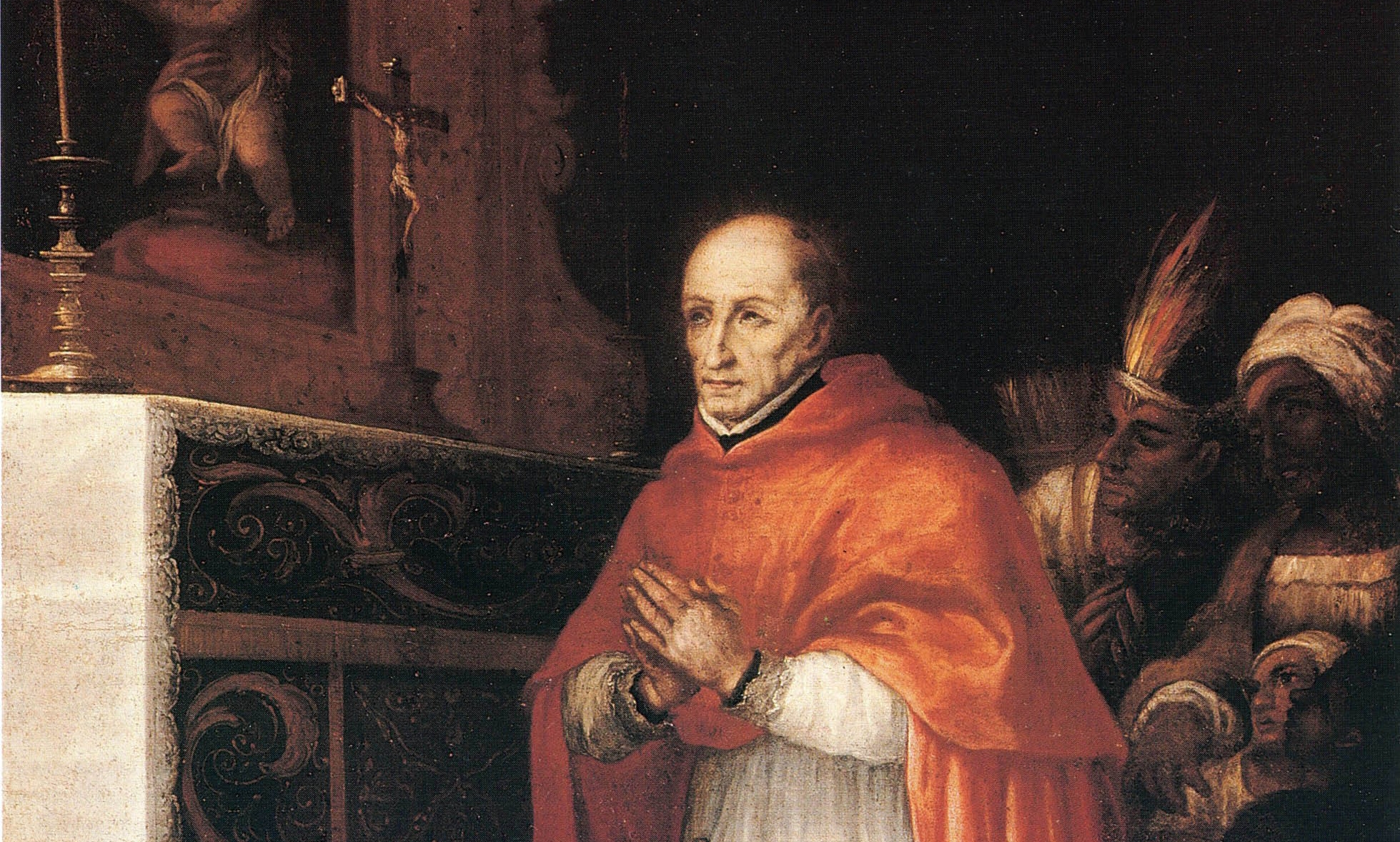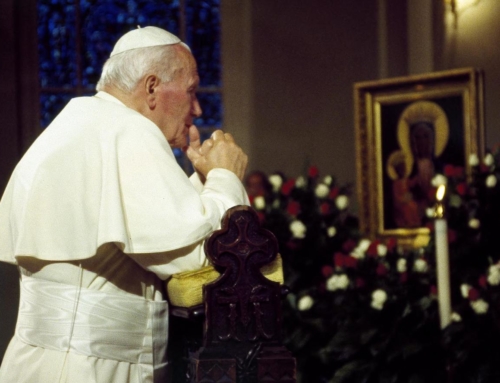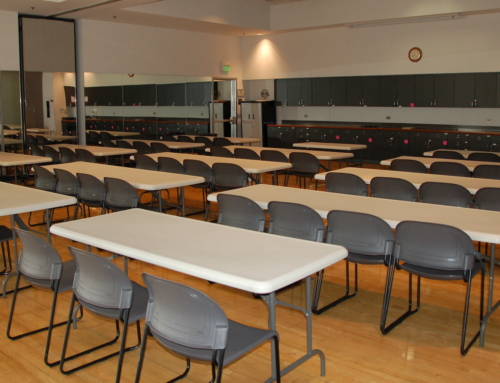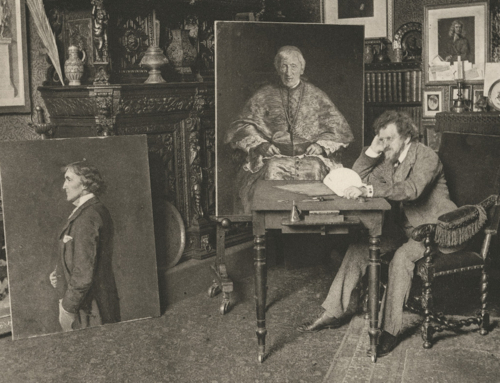In the Soul of the Apostolate, Trappist monk Jean-Baptiste Chautard quotes this saying:
“A holy priest makes a fervent people;
a fervent priest a pious people;
a pious priest a fairly good people;
a fairly good priest, a godless people.”
This sets a high bar for priests, and an even higher bar for bishops who have received the “fullness of the sacrament of Holy Orders.” The holiness of Christians is, of course, not totally dependent on the holiness of their parish priest or local bishop—the Church condemned Donatism centuries ago. In the course of history, many holy men and women have emerged in spite of “fairly good priests” or, sad to say, bad priests. It is God’s gift of grace that makes a saint. But, let’s for a moment consider the truth Dom Chautard finds in the words above and in those of Holy Scripture: “As the people’s judge, so the officials; as the head of a city, so the inhabitants” (Sir 10:2).
Imagine, for example, the family. There are many rags-to-riches stories of children who have overcome the brokenness of the families they were born into, but research shows that a broken family structure often negatively impacts the well-being of children. On the contrary, the presence of a strong father and mother promotes the full flowering of their children. The parents’ good example, instruction, and encouragement help to form their children in virtue. This image translates easily to one of the Church. Just as we call the family a “domestic church,” we could call the priest or bishop an “ecclesial father.” When these fathers live their vocation in a holy manner, they help to form a flourishing parish or diocese.
Today, we celebrate a saint who was made a father to the church in Peru at the end of the 16th century. St. Toribio Alfonso de Mogrovejo was born in Spain in 1538 and for years worked as a layman in the Church. At age 40, he was sought out by Pope Gregory XIII to be the bishop of Lima in the New World. Despite his misgivings, he was ordained in 1578 and then consecrated in 1580 before departing for Peru. One is reminded of St. Augustine’s protests before his own ordination in northern Africa. For over a quarter century, Toribio would shepherd the fledgling Church in South America. And in that role, his holiness generated a great deal of fervor among the people.
A bishop exercises three important offices—those of sanctifying, teaching, and ruling (CCC 1558). As a sanctifier, Toribio baptized and confirmed almost half a million people before his death (which averages about 55 per day for 25 years). It is very likely that among those confirmed were three Dominican saints: St. Isabel Flores (d. 1617), who took the name Rose at confirmation and was the first person born in the New World to be canonized; St. Martin de Porres (d. 1639), who made his vows as a Dominican tertiary in 1603; and St. Juan Macías (d. 1645), a lay brother who had great solicitude for the poor and spent days of recollection with Martin. As a teacher, Toribio erected the first seminary in the New World and required priests to learn the native languages (Quechua and Aymara) so that the Gospel could be most effectively communicated. As a ruler, he implemented the reforms of Trent with as much zeal as the great St. Charles Borromeo. He also fought the injustices of the encomienda system and the oppression of natives in the same spirit as the great Dominican bishop Bartolomé de las Casas (d. 1566). During his years of episcopal service, Toribio traveled across his diocese three times by foot to ensure his flock was fed. Pope Francis recently pointed to St. Toribio as an exemplar shepherd: “Today we would call him a ‘street’ bishop, a bishop with shoes worn out by walking, by constant travel, by setting out to preach the Gospel to all.”
Today, we celebrate this great saint and seek his intercession on behalf of our own local shepherds. May they be holy in order that their example may inspire many more saints in our own day.
✠
Image: Saint Toribio Alfonso de Mogrovejo, Archbishop of Lima, Museo Nacional de Bellas Artes (CC BY-SA 3.0)







